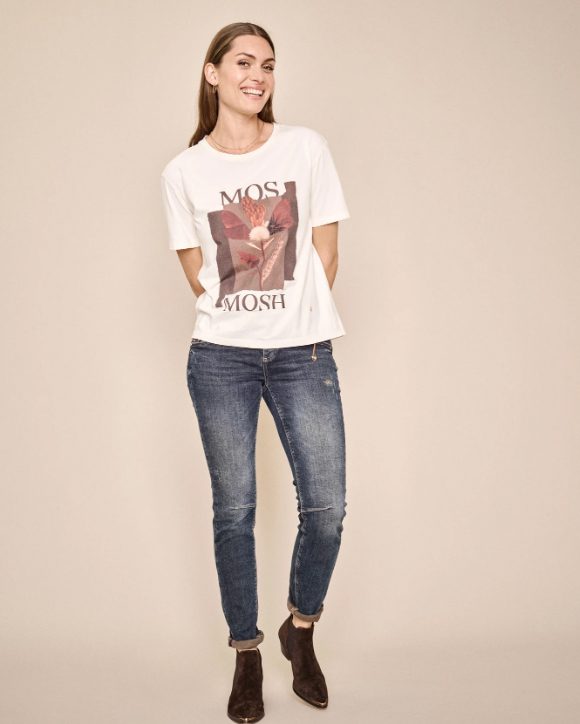Mos Mosh, Denmark
“Mos Mosh work around four core values, Fairness, Responsibility, Lasting Quality & Sustainability.
Fairness: We work with some of the best people and have high demands towards the people we work with. Our factories underlie an ethical Code of Conduct, to ensure fair wages and working conditions for all involved in the production of our collections.
Responsibility: We choose materials that make sense to us, not just regarding look, feel and touch, but also in the long run. When selecting fabrics and fibers we source and use high quality materials, that are considered less impactful on our environment. By 2020 we are committed to sourcing 70% of our cotton as more sustainable cotton, which includes better cotton, organic cotton and recycled cotton. We cannot sit back and let others take the lead, instead we want to take action and initiative for a less impactful fashion future.
Lasting Quality: Mos Mosh want you to be able to wear your garments time and time again, and for you to keep the designs you love. They know how important some key items become in our wardrobe and part of our personality. Therefore, making products in long-lasting quality and immaculate craftsmanship are causes they hold dear.
Sustainability: In 2018 they set a goal to produce 89% of their garments within Europe and made it happen! This way they are able to meet high quality standards and legislation within the field of sustainability and ethics in production, compared to conventional means. The shorter distances make it easier for them to work closely with their factories, reduce transportation resources and C02-footprint. “

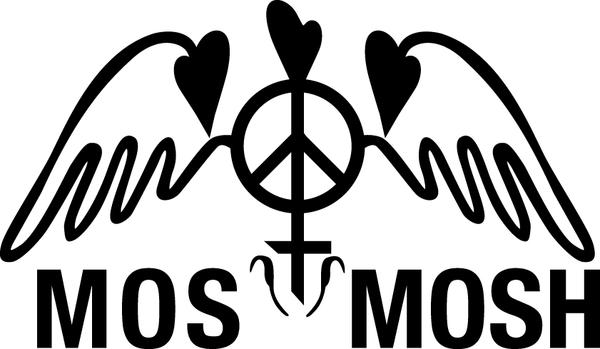
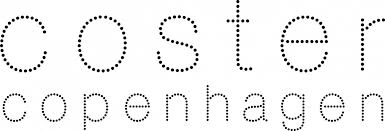
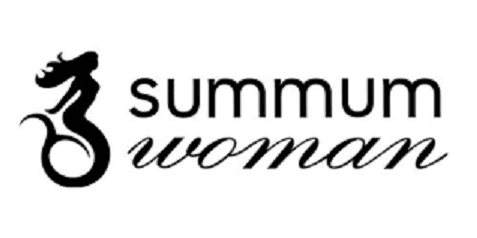


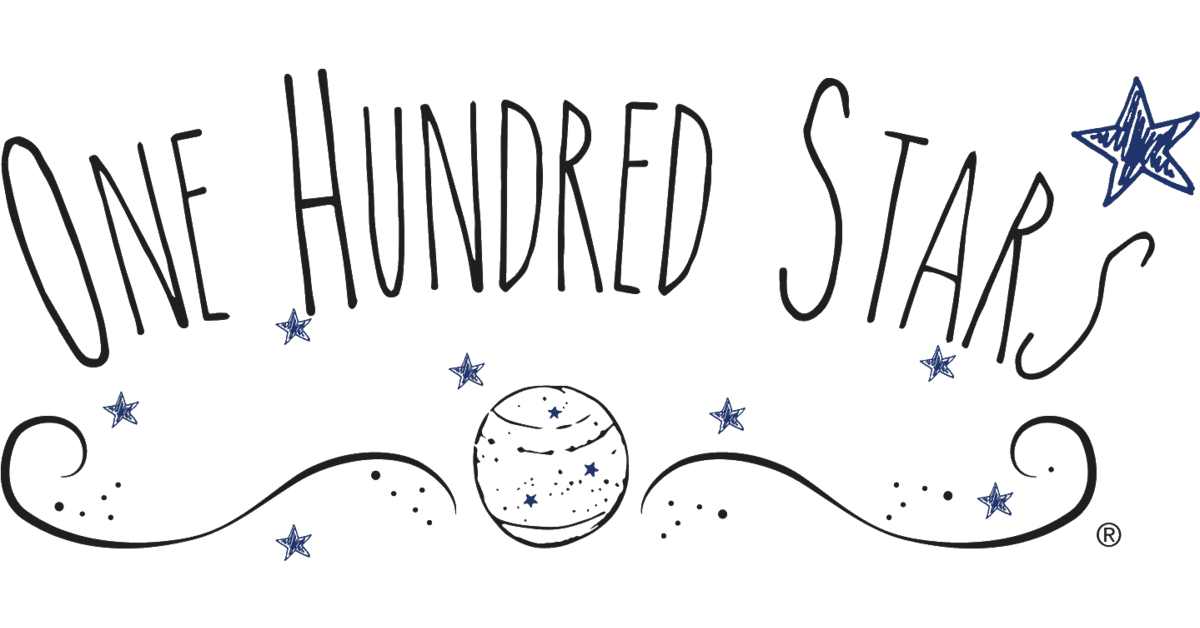


 Free Delivery on ROI orders over €99
Free Delivery on ROI orders over €99